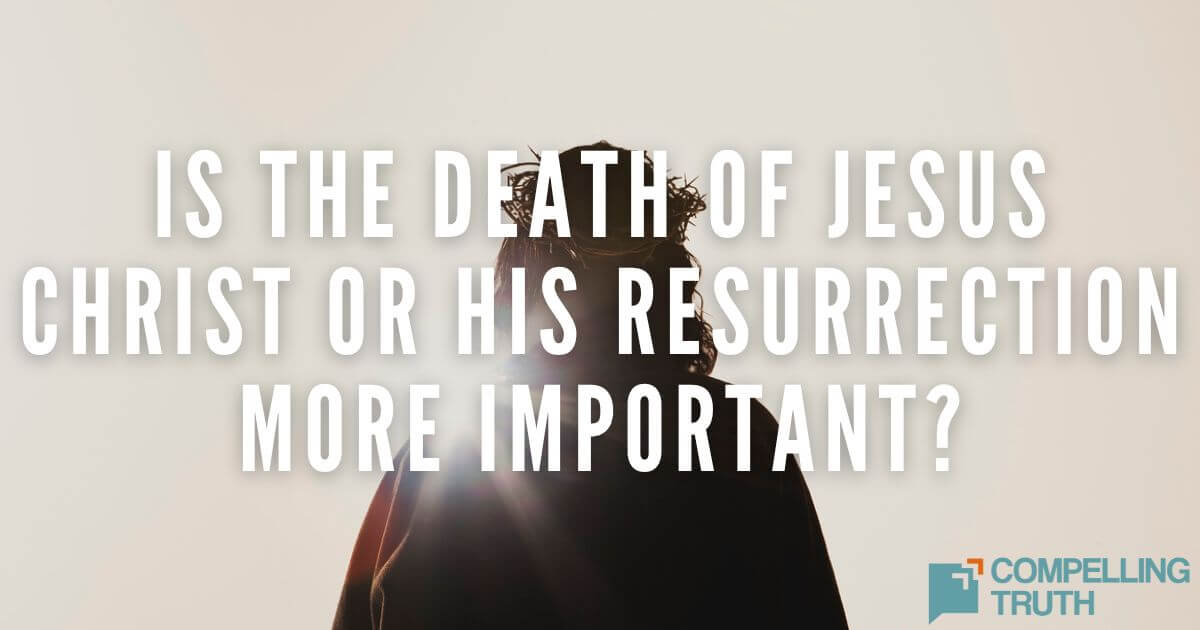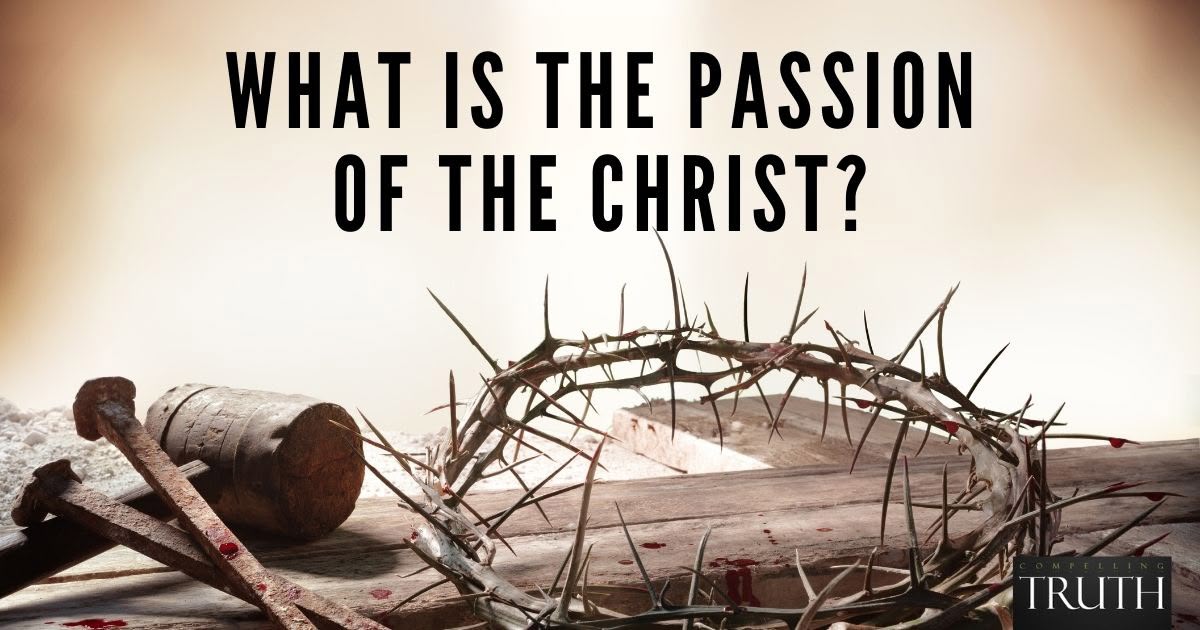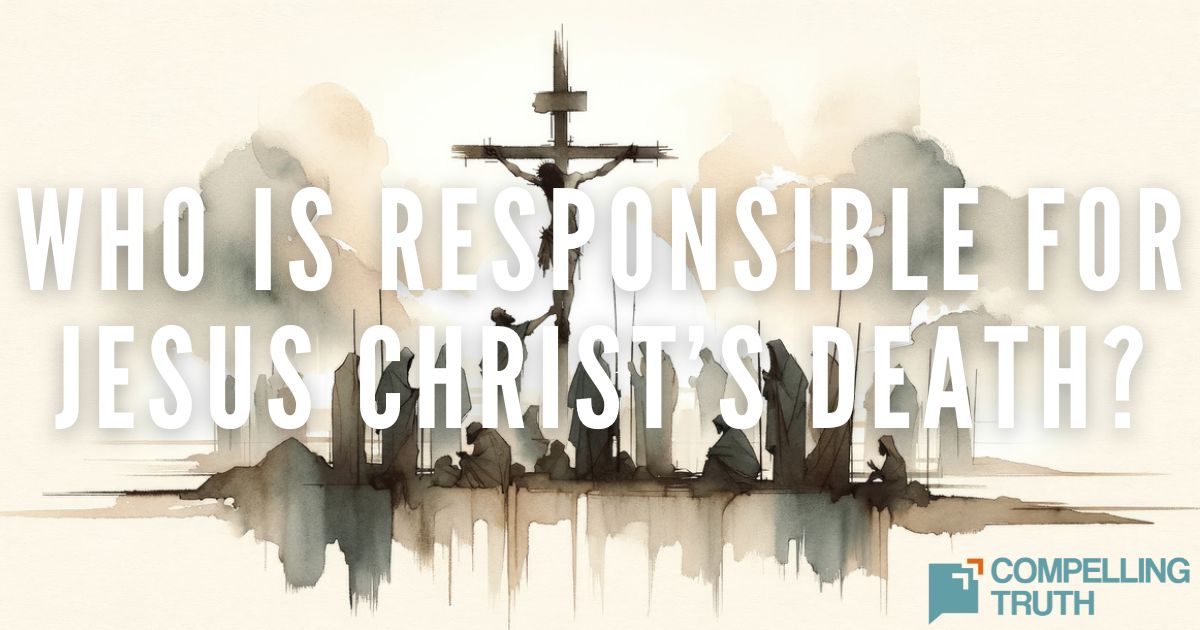From the beginning of time, God had a sacrifice that He was willing to give for us to receive salvation: His only Son, Jesus Christ (Genesis 3:15). One of the first sacrifices Jesus experienced was leaving His perfect place of heavenly royalty with His Father to come to earth as an infant and live a life in which He experienced the same temptations and sorrows we face as human beings (Matthew 4:1–11; Hebrews 4:14–16). Instead of receiving the worship that He deserved, Jesus humbled Himself as a servant and dedicated His life to loving others at His own expense—even to the point of death (Mark 14:36)—a death in which He would experience both excruciating physical and spiritual pain. Moreover, Jesus sacrificed His guiltlessness by voluntarily taking on the guilt for our sin so that we no longer had to live under the law of Moses, but under the law of grace (2 Corinthians 5:21; Ephesians 2:8–10; Hebrews 10:1–18). He also endured the wrath that God had in store for our sin—something that we who are believers will never have to experience because of His perfect sacrifice on our behalf (Hebrews 10:12). In simple terms, Jesus sacrificed His life so that we could experience eternal life (John 10:10), and His resurrection does not downplay this sacrifice.
Sacrifice in a general sense is giving up something of value for something of more worth, yet in the context of the Bible, the meaning goes much deeper. Jesus endured many sacrifices in order to be the sacrifice for all humanity. Judas betrayed Him, Peter, His right-hand man, denied knowing Him, and the rest of His disciples abandoned Him in His hour of greatest need (Mark 14:50). Pilate condemned Jesus to death by crucifixion after the Jewish people chose to release a criminal in His place. The Roman soldiers scourged Him, lash after lash tearing away at His flesh. They taunted Him, forcing Him to wear a robe and crown of thorns. He had to carry His own cross tied across His shoulders. Nails were driven into His wrists and feet. Jesus hung on the cross for hours struggling to lift His body to even heave in a breath. He was beaten to a pulp, continuing to lose blood, and dehydrated. His muscles cramped and collapsed in exhaustion. Even so, Jesus called out with one final breath and gave Himself over completely to God: "Father, into your hands I commit my spirit!" (Luke 23:46). Although Jesus knew He would be resurrected, His death was still a real sacrifice, and He will never forget what He endured to redeem us. He willingly suffered great emotional and physical distress even though He was innocent. At any moment He could have removed Himself from the circumstances, but He chose to stay. Those who have life in Christ are called to offer ourselves as living sacrifices to God, being transformed by the renewal of our minds through the work of the Holy Spirit (Romans 12:1–2; Philippians 2:12–13). We also have the privilege of sharing the good news of Jesus' death and resurrection and the reality of life in Him with others (Romans 10:9–15).




